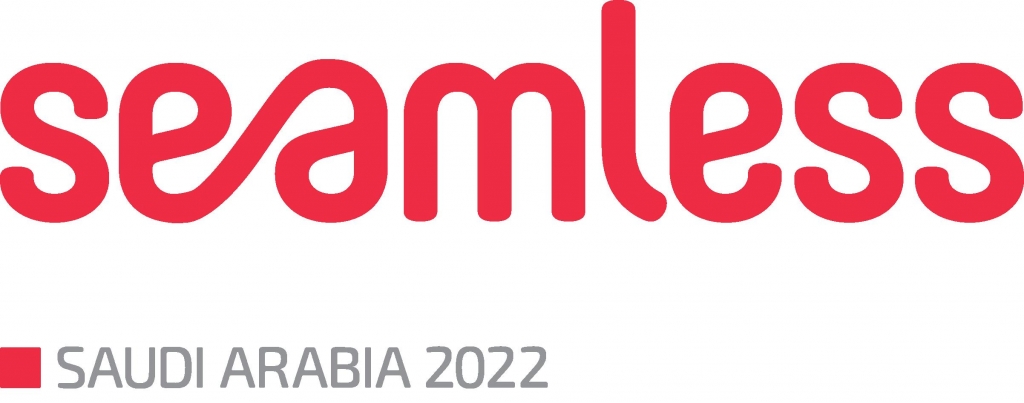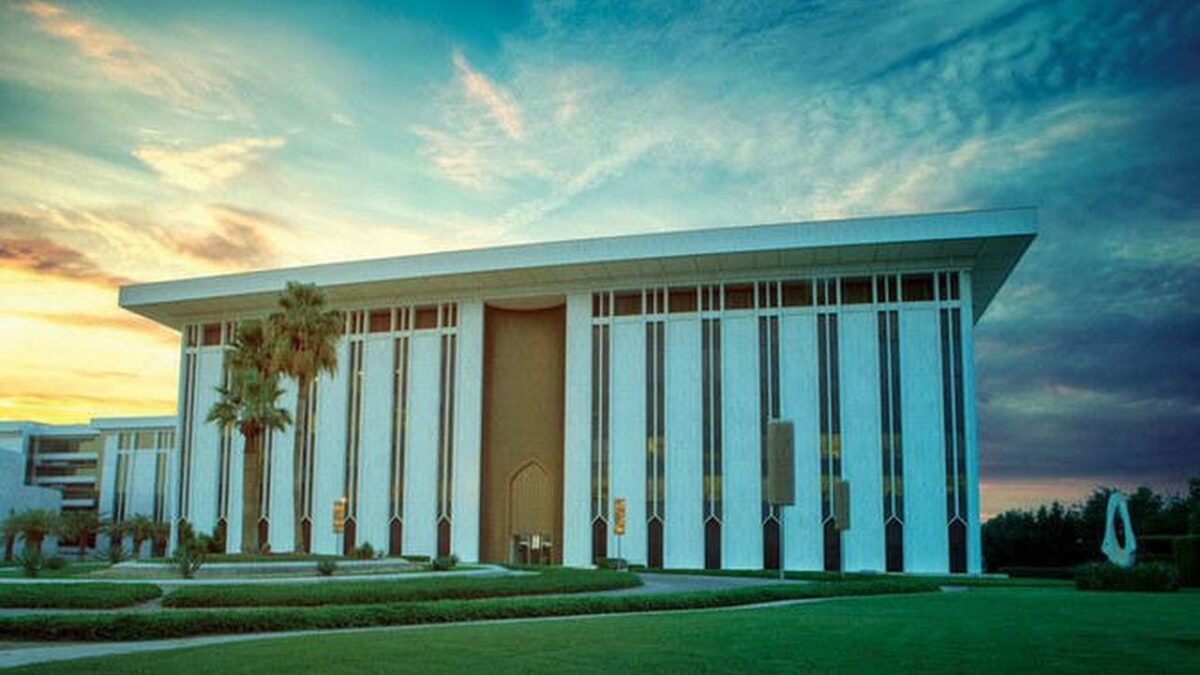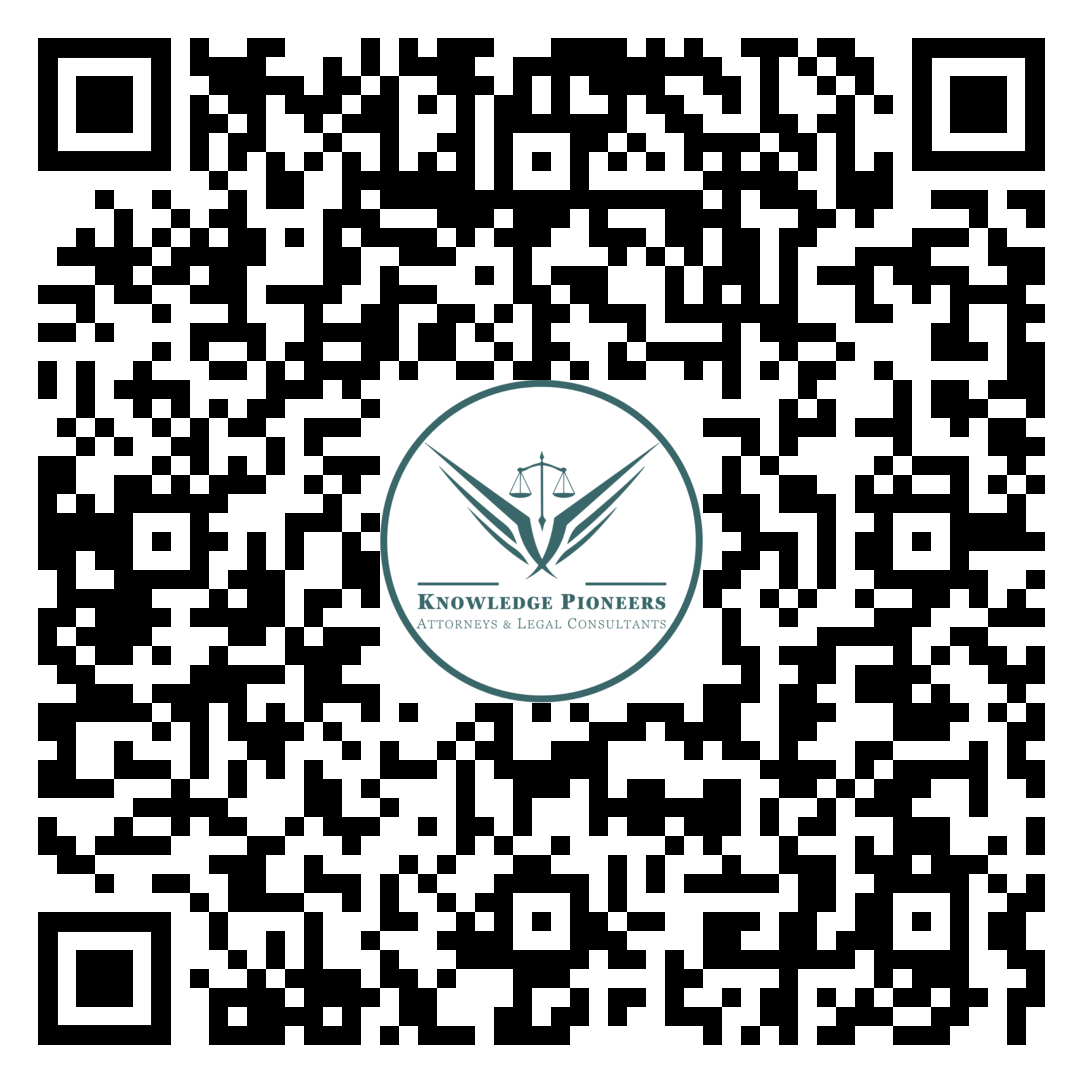
Tag: #SAMA

Saudi Central Bank Updates Its Regulatory Sandbox Framework
- Post author By admin
- Post date August 31, 2022

Saudi Central Bank Updates Its Regulatory Sandbox Framework #Saudi_Arabia
Knowledge Pioneers Law Firm - FinTech Practice Tweet
Overview
The Saudi Central Bank (SAMA) announced that it has updated the Framework of its Regulatory Sandbox. The step was taken as part of SAMA’s efforts to achieve several national strategic goals through the promotion of the Regulatory Sandbox’s involvement in the Financial Sector Development Program (FSDP), a key objective of the Saudi Vision 2030, which is aiming to develop the kingdom’s economy, diversify its sources of income, enable financial institutions to support the growth of the private sector, and allow new companies to provide their own array of financial services.
What is Regulatory Sandbox?
SAMA launched the Regulatory Sandbox initiative back in 2018 to garner the participation of local, regional and international FinTech institutions and companies seeking to take advantage of current and new technologies to provide innovative financial products and services to Saudi markets.
SAMA’s Sandbox directly connects with the Saudi Vision 2030 which endeavors to reinforce economic growth and investment activities. Vision 2030 has been further developed into 12 Executive Programs, which includes the ‘Financial Sector Development Program’ (FSDP). The FSDP program seeks to develop the financial industry as a diversified and effective financial services sector to support the development of the national economy by stimulating savings, finance and investment by, inter alia, enabling financial institutions to support private sector growth.
To this end, SAMA’s Regulatory Sandbox aims to attract local and International FinTech businesses that are looking to leverage existing or new technology in an innovative way to deliver new financial products or services to KSA markets, or improve business processes. The target audience includes, but is not limited to, KSA and international Start-ups, FinTechs, established financial sector firms, and professional services companies partnering with or providing support to such businesses.
Why is Regulatory Sandbox so important?
In order to understand and assess the impact of new technologies in the KSA’s FS market, as well as to help transforming the Saudi market into a smart financial center, SAMA has designed a Regulatory Sandbox which welcomes local as well as international firms wishing to test new digital solutions in a ‘live’ environment with a view to deploy them in the KSA in the future.
What's New About SAMA Regulatory Sandbox?
The Central Bank pointed out that the updated framework of the Regulatory Sandbox is open for both local and international applicants to apply be they entrepreneurs, non-regulated companies or existing regulated entities, the key differentiator of the updated framework is to move from a cohort based approach to an Always Open approach which will give greater flexibility to those applying.
The updated framework will also support the objectives of the FinTech strategy by making the Kingdom one of the world’s leading countries in the field, and it will contribute to the economic empowerment of the Saudi society and its citizens by promoting further innovations in technology-based financial services.
When Does the Regulatory Sandbox Framework start?
SAMA will allow FinTech companies to submit Regulatory Sandbox applications under the updated framework as of the 6th of September 2022.
Upcoming Events
The Central Bank in cooperation with Fintech Saudi, will hold on this September 5, 2022, at 12:00 PM, an introductory workshop on the updated regulatory framework for the legislative experimental environment.
Fintech Saudi will be hosting a virtual workshop in which members of the Regulatory Sandbox team at SAMA will introduce the new framework to an open audience.
We invite you to attend the workshop where the following aspects will be covered:
1. Enhancements to the framework
2. Walk through the lifecycle from Application to Testing
3. Q&A with the Sandbox team.
September 2022
| Time | Event | |
|---|---|---|
| 12:00 PM - 02:00 PM | Workshop: The Updated Regulatory Sandbox Framework | |
Conclusions
We believe that this SAMA Regulatory Sandbox Framework update will leverage the Financial Technology sector in KSA where it will make financial sector firms and technology companies applying for SAMA license way easier and feasible comparing to status quo.
As #1 FinTech law firm, Knowledge Pioneers has been deeply involved in such updates in the legal environment of the Financial Technology sector.
If you are interested in the FinTech arena in the KSA, please fill out our FinTech Assessment Survey in order to have one of FinTech experts contact you promptly.
For further information, please do not hesitate to Contact Us.
Ask Us Anything. anytime.
- Tags #Development, #finance, #FinTech, #Law, #SAMA, #Sandbox, #Saudi_Arabia, #Technology, #update, #Vision2030
Saudi Central Bank: Construction Insurance is MANDATORY
- Post author By admin
- Post date August 6, 2021

Saudi Central Bank: Construction Insurance is MANDATORY
Based on the powers granted to the Arab Monetary Agency –then, and Saudi Central Bank for now– to monitor cooperative insurance companies, it issued its Decree No. 441/187 on 5/8/1441 AH, which has bound contractors in non-governmental sector projects to ensure against hidden defects that might appear in constructions. Such insurance shall remain effective for a period of not less than ten (10) years, starting from the date of project final delivery.

What is a hidden defect?
To clarify, a hidden defect is any defect that arises in the construction work or its protective elements that may weaken or destabilize the construction due to errors, faults, deficiencies in design, implementation, quality of materials used, or a failure in soil inspection or whatsoever defects pertaining to human involvement.
Therefore, and pursuant to the provisions of this Decree, each non-governmental Employer/Owner will have to engage their contractor(s) through (Baladiبلدي ) service where Employer will have to attach a valid insurance document against hidden defects that might appear in the project(s) involved for a period of no less than ten (10) years starting from the date of project final delivery. Afterward, the Certificate of Occupancy will be issued. For Certificate of Occupancy, the following requirements must be met:
1. Payment of insurance premiums owed to the insurance company.
2. The insurance company to receive “Safety Confirmation Certificate”.
3. The insurance company renders a clear representation of the policy validity.
CONCLUSION
As of Decree date, an effective insurance policy against hidden defects has become a prerequisite for all types of projects and new constructions in the non-governmental sector to obtain a certificate of occupancy with the aim of preserving the material rights of the beneficiaries of those buildings.
In case of any inquiries regarding any of the above, we hope that you will not hesitate to Contact Us.
Share
Related Practices
Related Contacts
Ask Us Anything. anytime.
Knowledge Pioneers Law Firm © 2022 | All rights reserved.






Recent Comments